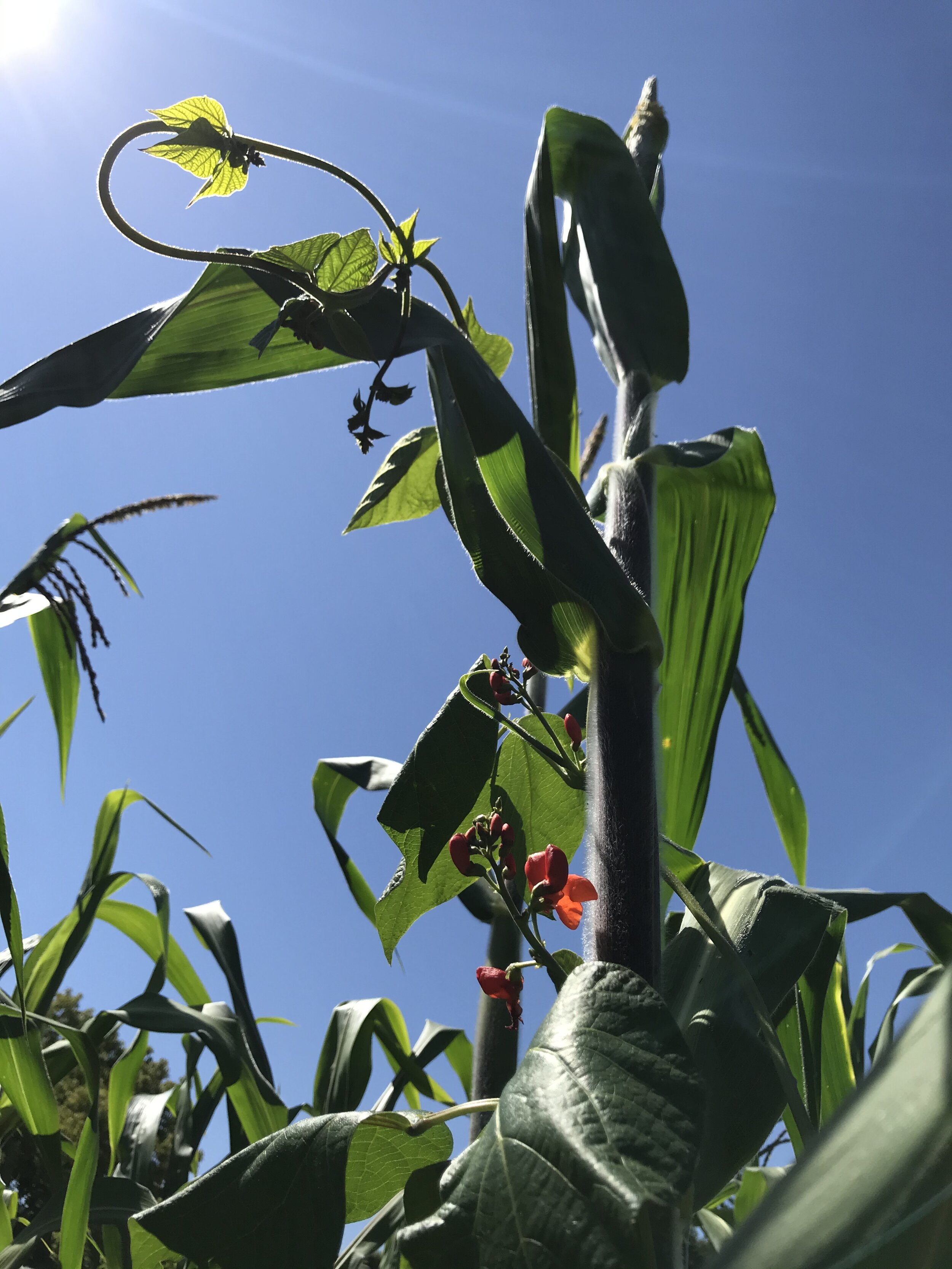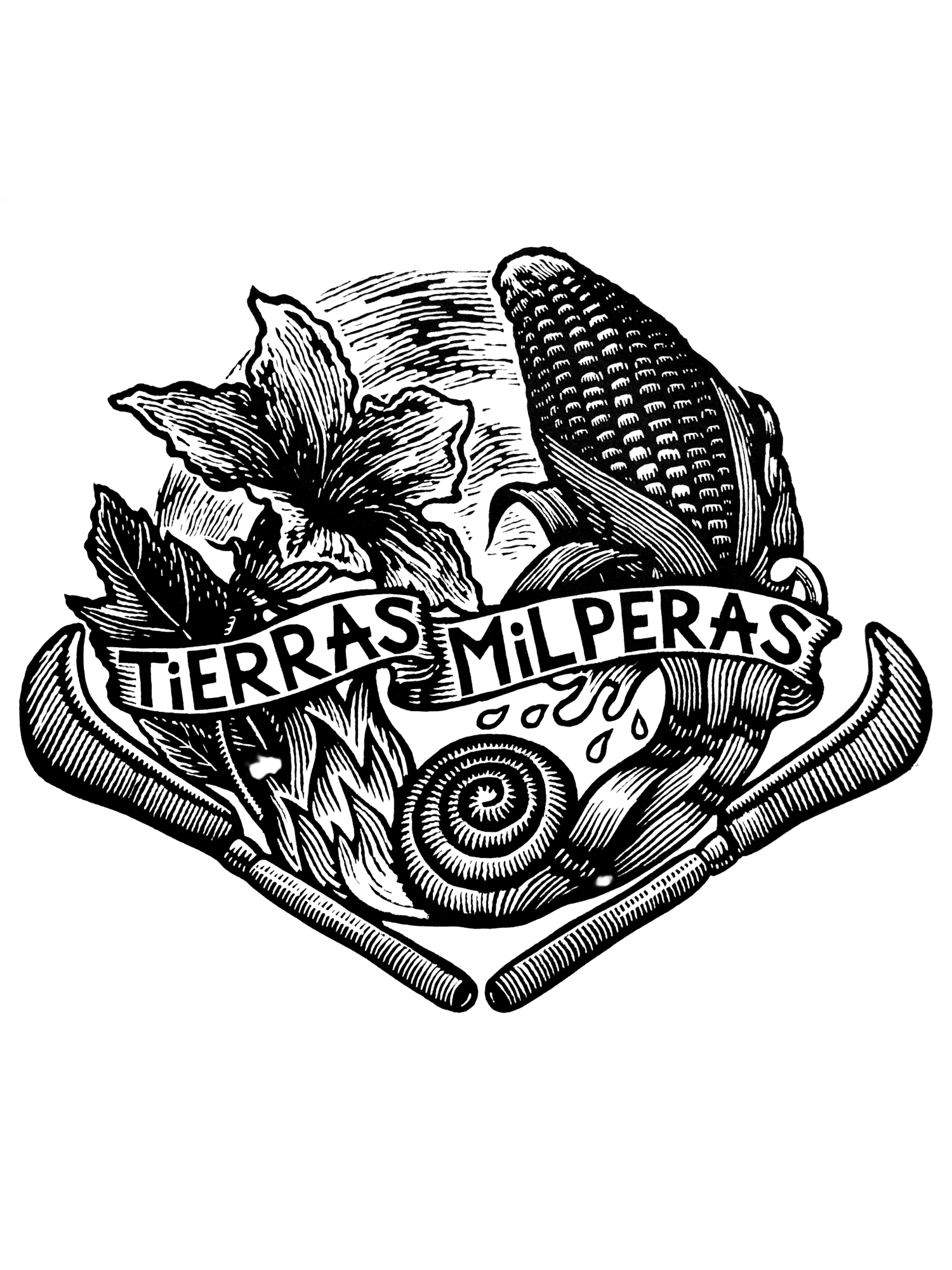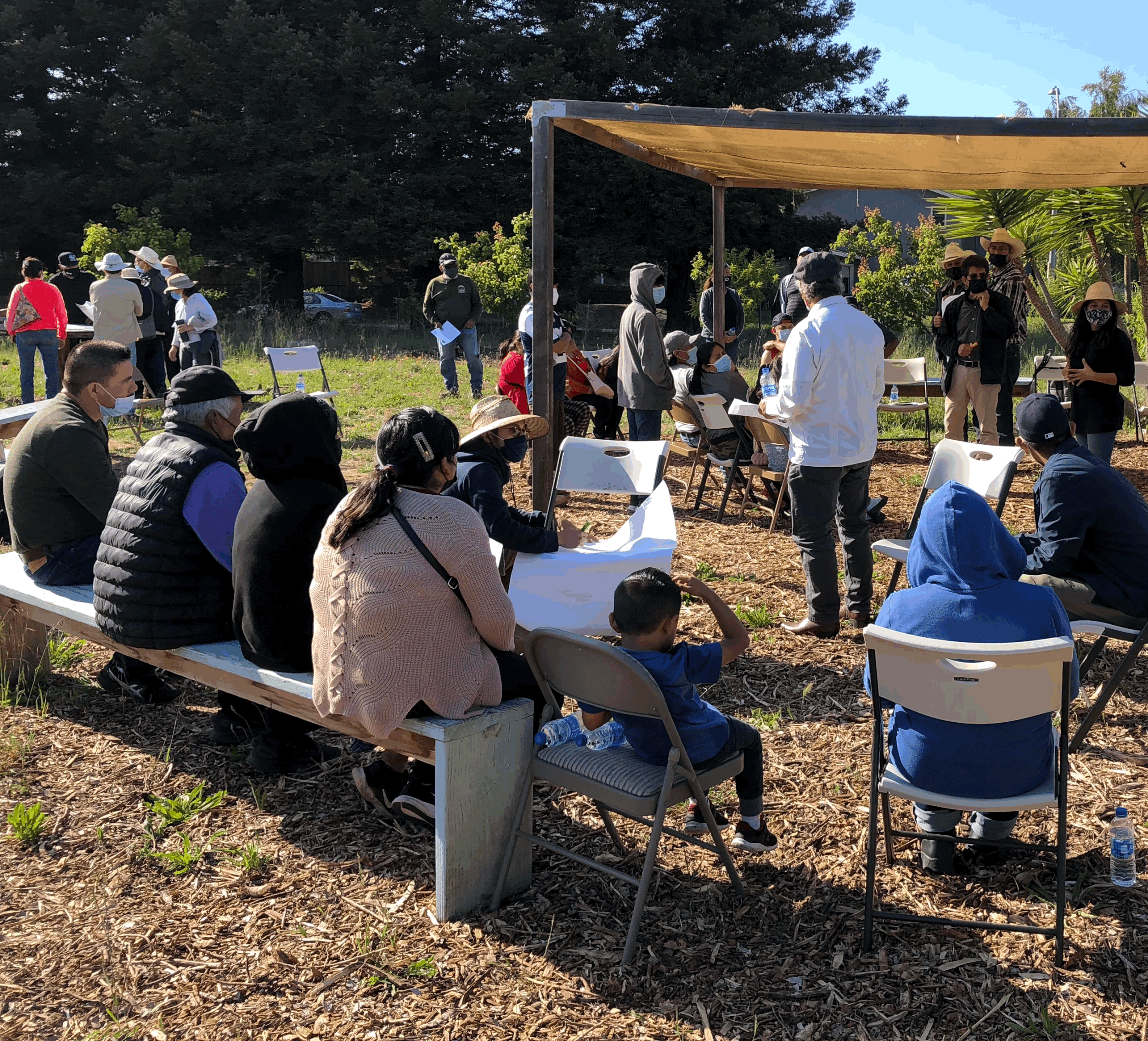
What We’re About
Milpa Food Sovereignty
10,000 years of food culture. “We all come from farming backgrounds and this is our tradition.” - Milpero de Tierras Milperas
We have the right to nutritious culturally appropriate foods, the right to farm these foods using our native seeds and our traditional agricultural practices, and the right to land where to do so. Milpa is our 10,000 year old food and farming practice which has sustained our communities with the right relationship to land, to each other and the nutrition and medicines necessary for our bodies. By growing our own food and medicines in milpa as migrant people in the Pajaro Valley we put our health decisions and community social fabric in our hands rather than in an agrofood and health care system that sicken us with diabetes, stress, individuality, and labor exploitation.
Assembly
Community Power
Tierras Milperas is an assembly of farmworker & campesino families, youth, and working class families. We are organized in:
Asamblea (Assembly)- This is the ultimate decision making body, composed of the families who make use of the 5 community gardens and community farm on a daily basis and collectively decide on the direction of Tierras Milperas.
Consejo Autonomo Milpero (Elders Governance Counsel) - The fundamental role of the Consejo is to give counsel, inform, and find in the assembly the answers to major decisions about the direction of Tierras Milperas. It is currently formed by a group elders and one youth representative.
Commission on Community Governance - The Commission is a working group responsible for investigating and bringing information requested by the Assembly and the Consejo. Always taking direction from them and working with the community coordinator, the commission supports the Consejo in carrying out what the assembly intends to do.
Land Stewardship in Community
Stewarding 6 community gardens, 1 orchard, and a community farm in Watsonville, Pajaro, and Corralitos CA.
Knowledge sharing focused on traditional farming practices, ecological farming methods, and traditional seed keeping.
Identify and innovate organizational/community economic models of land tenure and grassroots agrofood organizing that will adequately sustain future campesino land justice projects.
Creating spaces of intergenerational knowledge exchange with Watsonville and regional youth groups.
Transterritorial Organizing
Organizing, Study, and Exchanges
Connecting and sharing with other Campesino and indigenous global struggles for land, community autonomy, and food sovereignty through:
Reconnecting with our own home communities across territories in the south.
Center for Convivial Research & Autonomy: Convivial Reconstruction Ateneo.
Community Agroecology Network International Youth Network in Food Sovereignty and Agroecology through youth exchanges.


